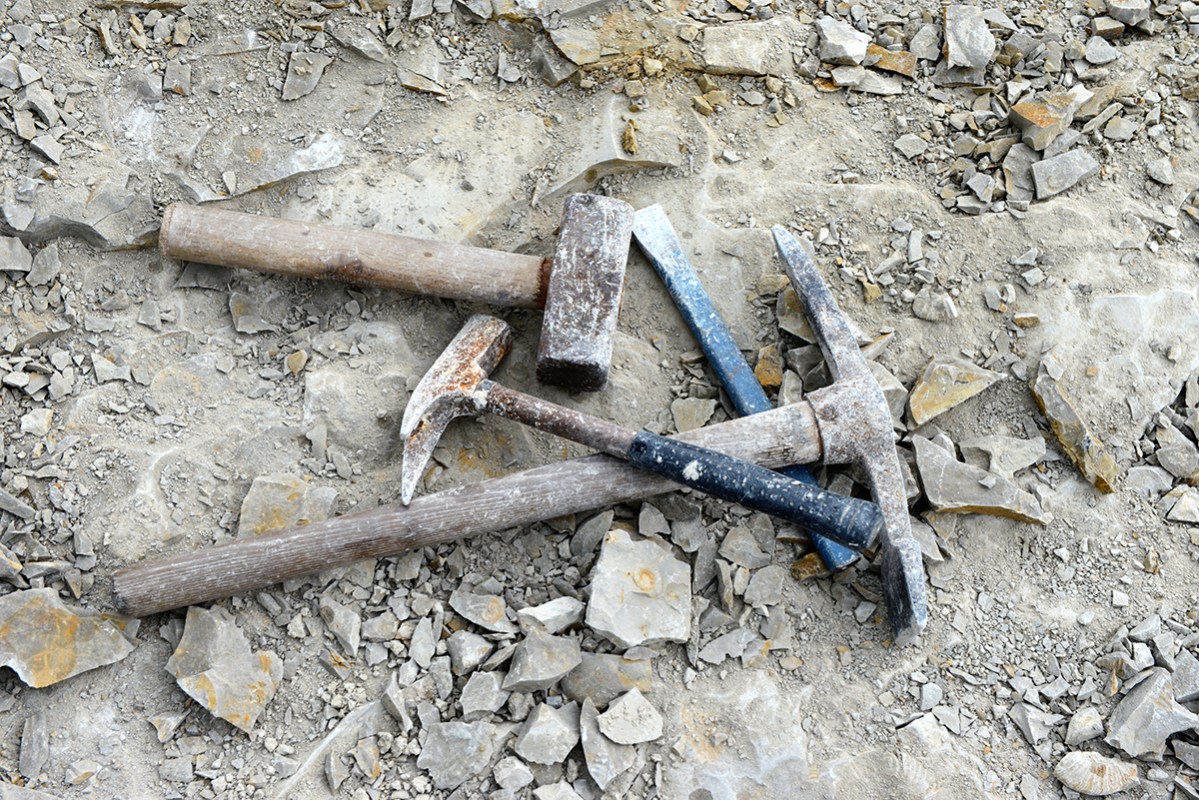Donald Blakeslee, an anthropologist and archaeology professor at Wichita State University, located what he believes to be the lost city of Etzanoa, home to perhaps 20,000 people between 1450 and 1700, and he believes that it is in Arkansas City, Kansas. Locals have always looked for arrowheads and bits of pottery in the fields and riverbanks of the little community. But what Blakeslee found has made experts rethink traditional views on the early settlement of the Midwest. The findings might also fill a major gap in American history.
What a cool story! “Using freshly translated documents written by the Spanish conquistadors more than 400 years ago and an array of high-tech equipment, Blakeslee located what he believes to be the lost city of Etzanoa.” https://t.co/x1TBD3gNzh
— Sarah Parvini ? (سارا) (@sarahparvini) August 19, 2018
Archaeologists explore a rural field in Kansas, and a lost city emerges #AncientAmericas https://t.co/SxSASpGV9U pic.twitter.com/DqDnRhZt5m
— American Archaeology (@tac_org) August 20, 2018
Blakeslee found the city by using freshly translated documents written by the Spanish conquistadors more than 400 years ago and an array of high-tech equipment, writes The Los Angeles Times. On a recent morning, he and his team excavated a series of rectanuglar pits in a local field. They found a half-buried black box, arrowheads, pottery, stone scrapers that were used to thin buffalo hides, and more. Previously, Blakeslee had found three half-inch iron balls and a Spanish horseshoe nail.
Thanks for reading InsideHook. Sign up for our daily newsletter and be in the know.


















